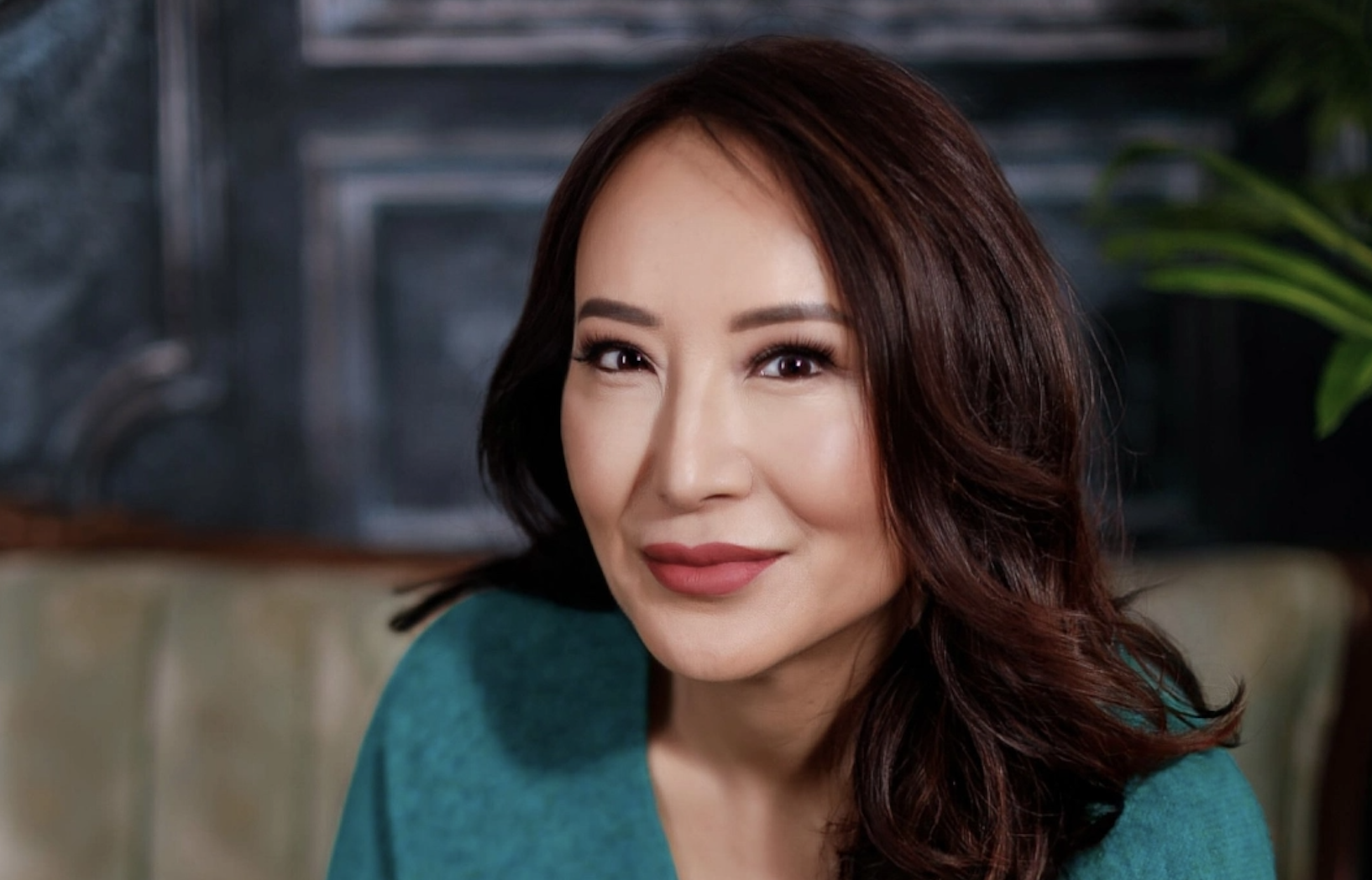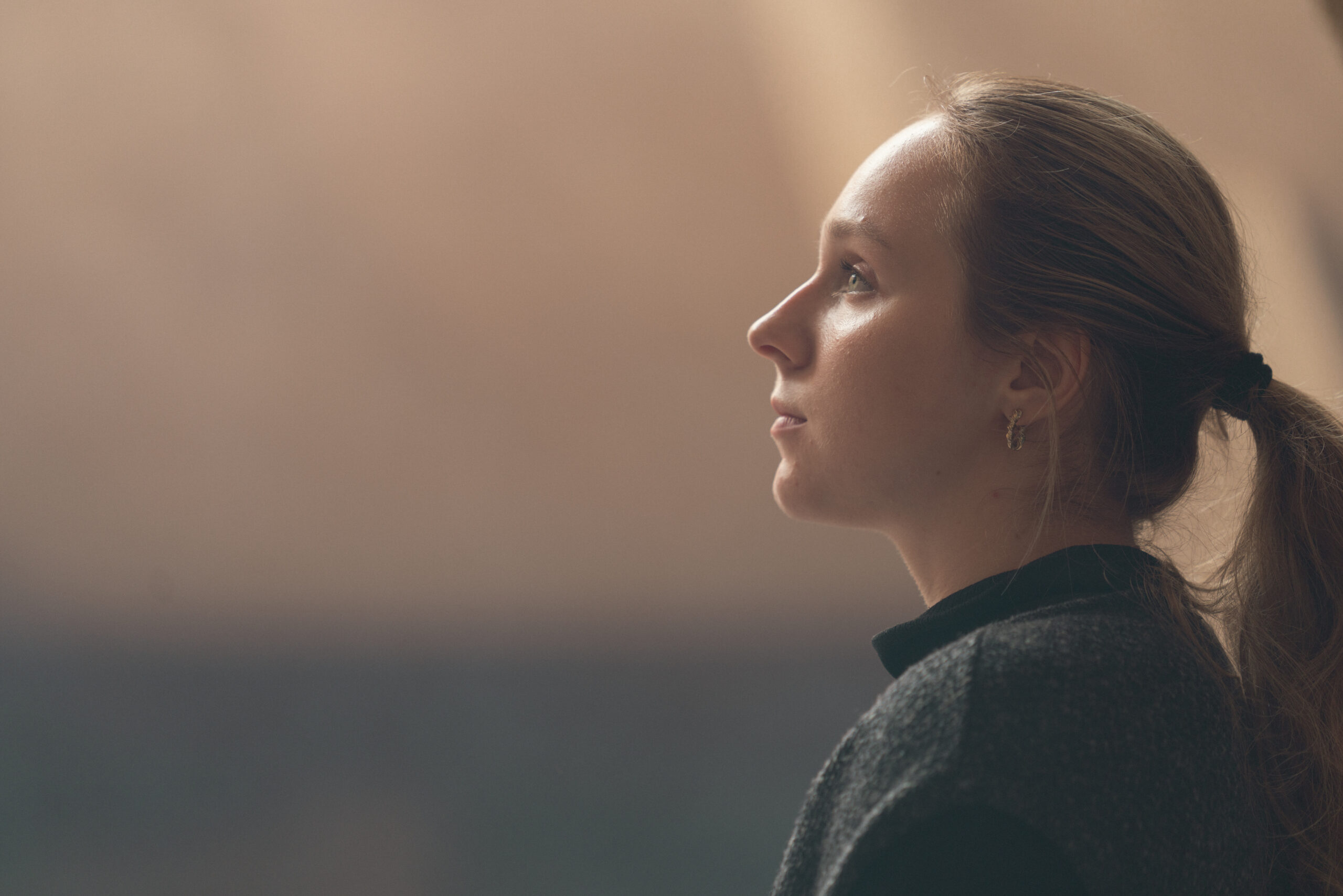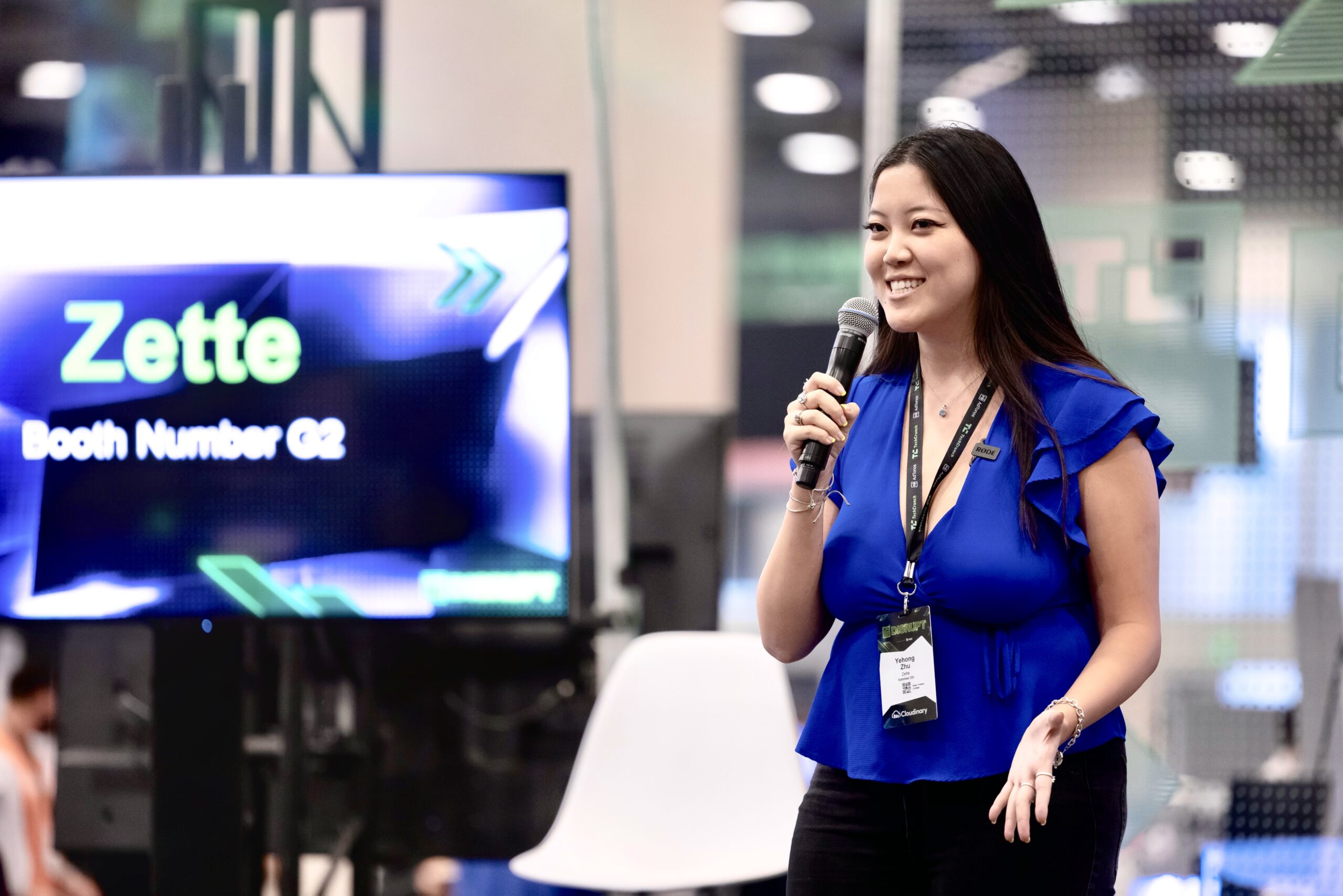
Everyday around the world, there are millions of women who are not able to work or provide for their families due to limitations on opportunity, education and economic empowerment. Another area is mobility. If a woman doesn’t have a means of transporting goods or traveling long distances, her options are limited.
One international organization is dedicated to ensuring women in the developing world are as mobile as possible and even provide the means. The Brooke is an animal welfare org working with donkeys, horses and mules and the people who rely on them for their day-to-day work.
The Brooke estimates that two thirds of poor livestock keepers (roughly 400 million) are women. In a report from 2014 titled ‘Invisible Helpers’, research showed that working animals have a major impact on the lives of women in countries such as India, Kenya, Ethiopia and Pakistan, but these animals are rarely considered in other reports regarding livestock.
It found that working equine animals help to lessen the burden on women’s lives, providing a ‘support system’. Over three quarters of the groups (77%), including all of those in Kenya and India, ranked donkeys, horses and mules as the most important of all their livestock. They generate income, help with household chores, give women an increased social status and, importantly, help women collect food and water for other livestock.

The report also discovered 97% of all women interviewed used their horse, donkey or mule for income generation. This includes using them for transportation, construction and agricultural work. The income raised is used by families to feed themselves, pay for goods, enroll children in schools and pay for healthcare. Ownership of a working equine animal effectively gives women a voice and influence in decision making within their communities.
The reason for the emphasis of the welfare on these particular animals is because of the far-reaching effect their illness could have on the lives of women who depend on them daily. The Brooke have been pushing for better policies which protect these animals, as they have been identified as agents of change in the lives of women in rural areas.
“We want people to understand the value and importance of these animals to millions of women and their families – as one participant told us ‘living without a donkey is like living with a broken leg.’ The welfare of those animals is paramount to them being able to support women. It’s time that people start to think of working equine animals, and donkeys in particular, not just as donkeys, but as a vital support system to women from equine owning communities,” said Delphine Valette, Head of Advocacy at the Brooke and author of the Invisible Helpers report.
Women have told The Brooke through various focus groups the type of difference having a working animal in their life makes.

“Having a donkey and contributing to social work makes us noticeable and accepted within the social circles. For instance in case of a death in the village, we volunteer our donkeys to assist transport e.g. the tent, chairs, water, and food. This makes our role socially acceptable due to owning a donkey,” said one woman from Kenya.
It is an area not normally discussed in mainstream media, but if it means the difference between poverty and financial freedom for these women, it is important for us to share what this organization is doing. Initially we thought this might make a great story for International Women’s Day, but why do we need to wait for one specific day of the year to talk about the stories we care about the most?
We cover female empowerment from a range of different angles. One of the United Nations’ Sustainable Development Goals announced in 2015, which are 17 goals designed to alleviate poverty by 2030, is gender equality. They believe when international efforts to end poverty focus more on women, who make up the majority of the world’s poor, we will take a huge step forward to achieving this goal.
The Brooke, which works across Africa, Asia, Latin America and the Middle East, has a strong focus on working with policy and decision makers. The charity also delivers veterinary treatment and community animal health programs by working directly with owners, locally trained community animal health workers, and through mobile veterinary teams. The Brooke is on target to reach two million working equine animals each year by 2016.
If you want to find out more about their work, visit The Brooke’s website, and donate to an organization that is helping to financially empower women around the world.
















